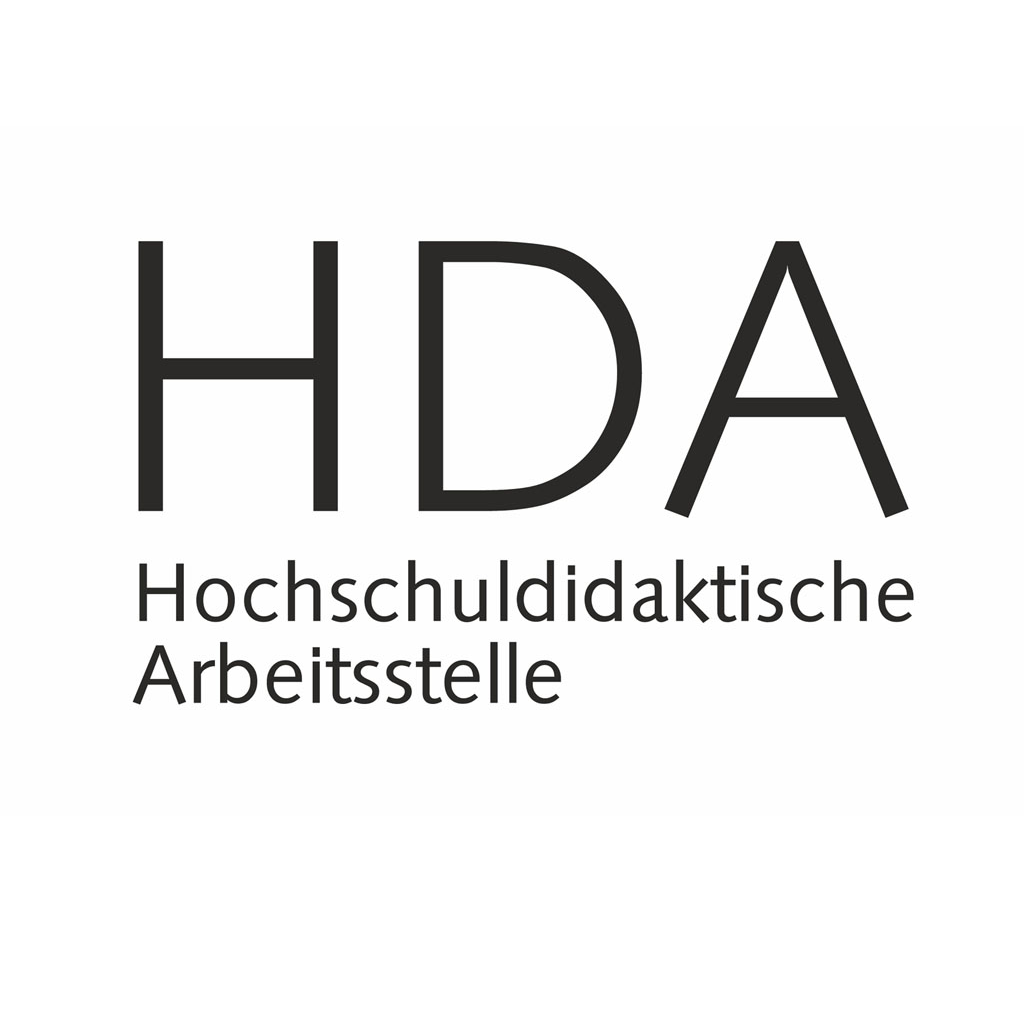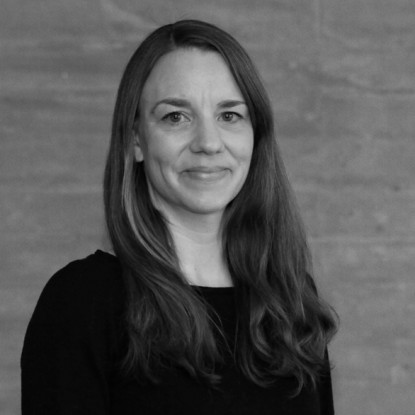Embedding the TU Student Survey
The TU Student Survey focuses on the development of study programmes.
The TU Student Survey provides information from the student perspective, on the basis of which study programmes can be further developed in a targeted manner. The survey, which was developed by the university, asks students about their assessments of study programmes, study conditions and learning experiences during their studies.
The results are combined with other data and used for the development of study programmes within the framework of institutional evaluation as well as for university strategic decisions.
The TU Student Survey takes place every two years in the summer semester. All students of the TU Darmstadt (Bachelor, Master, Teaching degrees) are invited to participate in the survey.
Topics of the TU student survey
| Topic block | Includes questions on: |
| Sociodemographic Data | Age, gender, university entrance qualification, nationality, vocational training, etc. |
| Information about the Studies | Intended degree, field of study or major, program, semester count, university semester |
| Admission Requirements | Previous educational background and qualifications, awareness before starting studies, etc. |
| Living situation | Caring for children or relatives, employment |
| Study Conditions & Feasibility | Use and evaluation of services at the beginning of studies, counseling and support services, infrastructure, international mobility, program structure and module design, organization of studies and exams, teaching quality, interdisciplinarity, practical and research references, offerings in English, study demands |
| Digital Teaching | Evaluation of e-learning offerings used, digital elements in teaching |
| Study Behavior | Knowledge of study and examination regulations, delays in studies, importance of studies, motivation and learning experiences |
| Academic Success | Study satisfaction, alignment of expectations and experiences, personal development, intention to drop out, transition from Bachelor to Master |
| Diversity aspects | migration background and parents educational background ('first-generation' students) |
Benefit from your own questions in the TU Student Survey!
Did you know that you can individualise the TU Student Survey specifically for your subject or study area? Up to 10 of your own questions can be included, which will be developed together with the HDA.
We will be happy to get in touch with you!
Why should I take part in the survey?
Take the opportunity to give your feedback on the study situation and the development potential of your degree programme and the service facilities. The larger and broader the participation across all degree programmes is, the more representative the statements that can be made based on the results will be. These results are used at the TU Darmstadt to further develop studying and teaching and to improve the study conditions.
Participation in the survey gives you the opportunity to express your opinion on the topics asked for. Free-text information will also be made available to the departments and study areas in anonymised reports.
Every voice counts.
Analyses can only be prepared for degree programmes in which a sufficient number of students have participated. Therefore, every single completed questionnaire is really important!
After each survey, the departments and study areas are provided with result reports with evaluations of the individual study programmes. The results then influence the quality assurance processes and thus improve studies, teaching and the general study conditions.
Where can results be accessed?
Download the university-wide results or further documents on the survey, such as the methods reports and the questionnaire.







